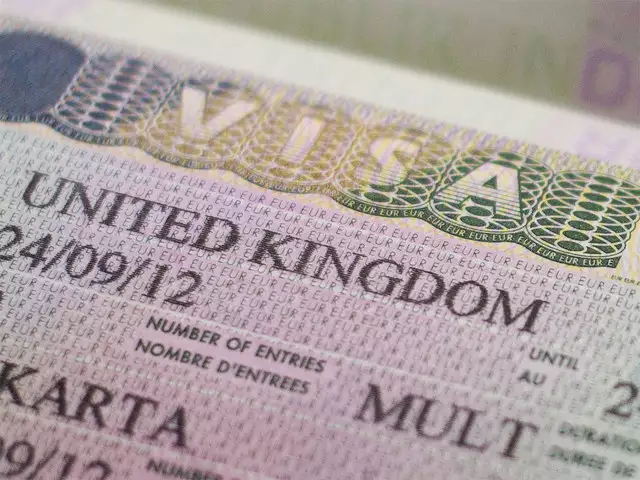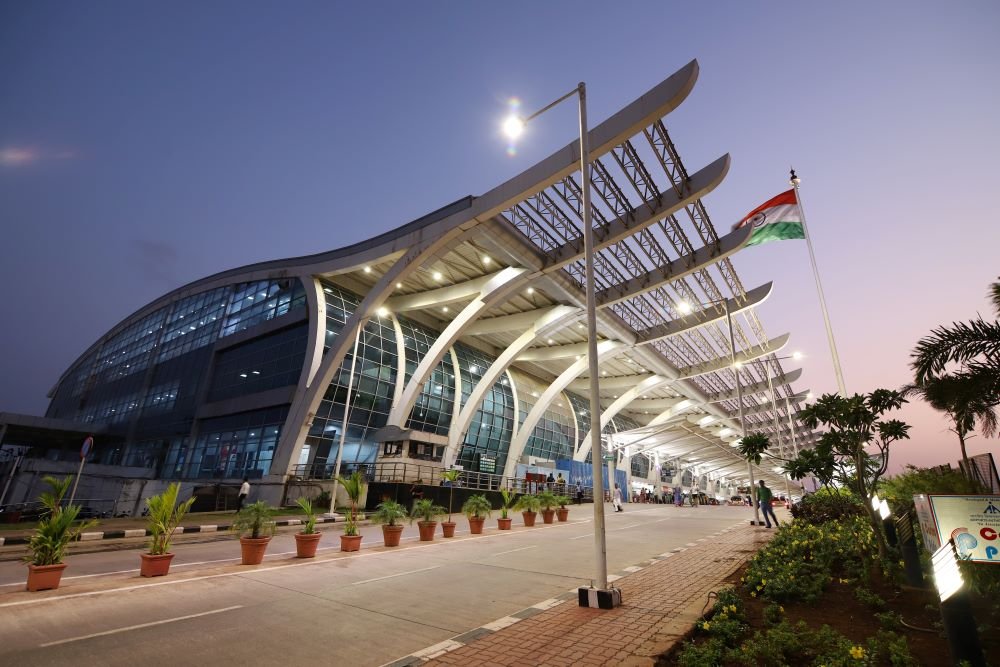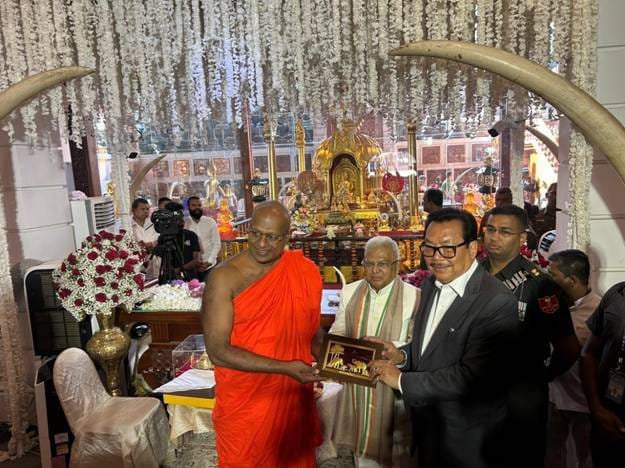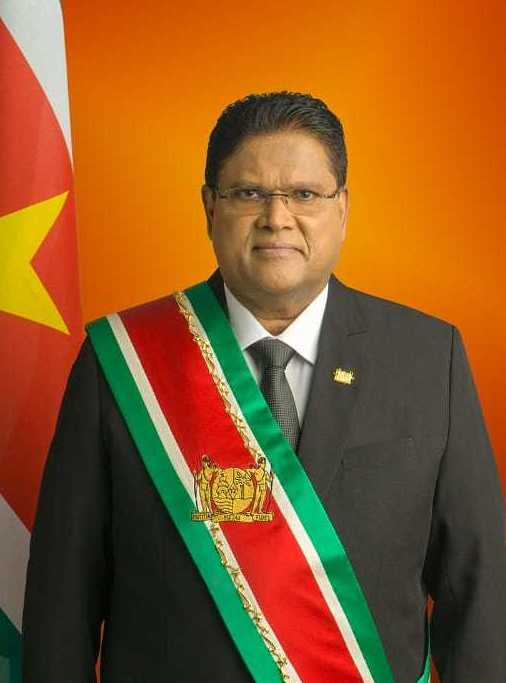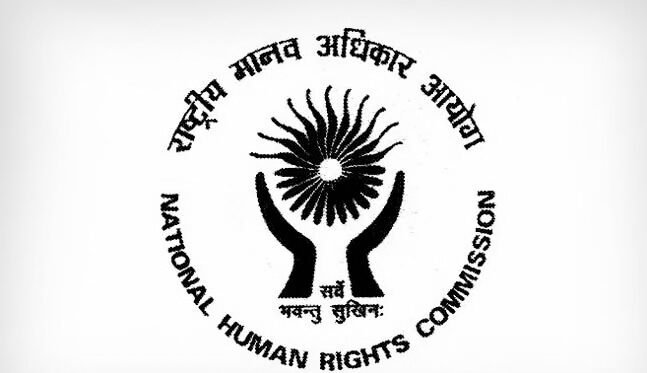One of the major points of contention revolves around the prohibition of overseas care workers from bringing their families
The recent visa measures introduced by the UK government have sparked apprehensions among skilled professionals and students from India. UK Home Secretary James Cleverly presented a five-point plan in Parliament, including measures such as a ban on family dependents and an elevated minimum salary threshold for skilled professionals, set at GBP 38,700.
One of the major points of contention revolves around the prohibition of overseas care workers from bringing their families. NRI Affairs reported that professionals and students from India consider this restriction to be “unfair.” The British Association of Physicians of Indian Origin (BAPIO), representing a significant number of doctors and nurses in the UK, is seeking urgent clarification on the potential inclusion of medical professionals in these regulations.
The potential impact on healthcare services is a growing concern, with BAPIO warning of a possible withdrawal of voluntary support if family rights are restricted. The essential need for care providers to be with their families for effective service delivery is emphasized, raising questions about the fairness of such restrictions.
Additionally, uncertainties surround the exemption of professionals under the Health and Care visa from the Immigration Health Surcharge (IHS). The proposed increase in the IHS from GBP 624 to GBP 1,035 adds to the concerns of professionals, particularly those under the Health and Care visa.
The Indian National Students’ Association (INSA) UK has pledged to advocate for fairness for Indian students, expressing concern about the financial dependence of UK universities on funds from foreign students.
British Prime Minister Rishi Sunak defended the visa changes, highlighting them as the largest-ever cut in net migration. However, the Federation of Indian Chambers of Commerce and Industry (FICCI) warned about potential “unintended consequences” for the UK economy, especially regarding the increase in the minimum salary threshold.
FICCI Secretary General Shailesh Pathak expressed concerns that the heightened salary requirement could discourage highly skilled Indian professionals, particularly in IT, engineering, and research, from choosing the UK. This, in turn, could impact both British and Indian professionals employed by companies operating in the UK.
In the realm of international students, dominated by Indians, concerns have risen regarding the review of the Graduate route visa by the Migration Advisory Committee (MAC). The National Indian Students and Alumni Union (NISAU) UK has urged MAC to address the worries of Indian students, emphasizing the importance of post-study visas.
Enrollment from India has already witnessed a decline, partly attributed to restrictions on bringing dependents, causing hardships for UK universities. The Indian National Students’ Association (INSA) UK has pledged to advocate for fairness for Indian students, expressing concern about the financial dependence of UK universities on funds from foreign students.
The upcoming changes announced by the Home Office, including the removal of the right to bring dependents for most courses and the elimination of the ability for international students to switch to work routes before completing their studies, are set to be implemented in January 2024. As the Conservative government faces pressure to reduce immigration statistics, these measures are scrutinized in the context of the approaching general election year in 2024.
************************************************************************
Readers

